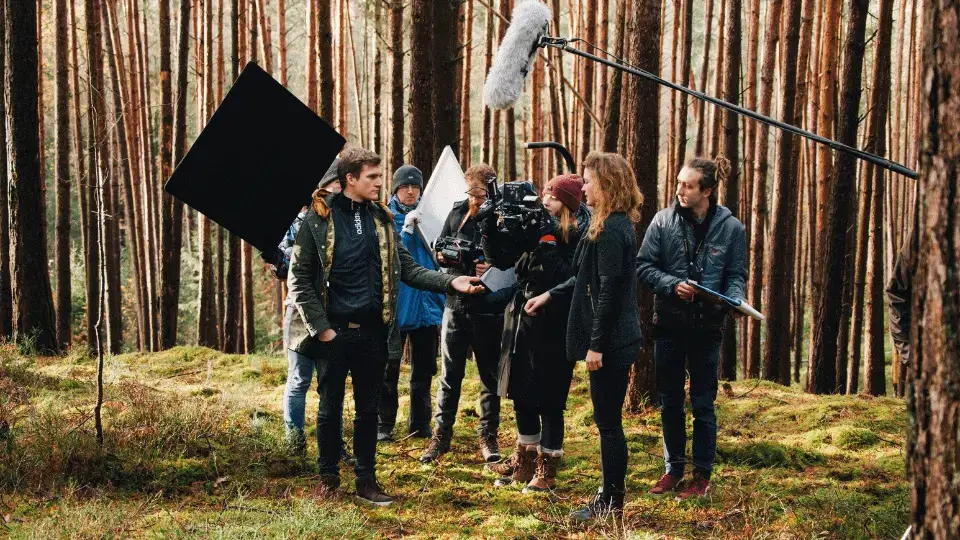5 Key Steps to Secure High-Paying Director of Photography Jobs
As a Director of Photography, you are responsible for creating the visual look of a film or TV show. It’s a vital role that requires technical skills, creativity, and a deep understanding of storytelling. If you’re interested in pursuing a career as a Director of Photography, there are many job opportunities available in the film and TV industry. In this article, we’ll explore the various types of Director of Photography jobs, the required skills and education, and how to land your dream job.
Types of Director of Photography Jobs
There are several types of Director of Photography jobs available in the film and TV industry. Here are some of the most common:
- Feature Films: The Director of Photography for feature films is responsible for creating the visual look of the film. They work closely with the film director to ensure that the visuals support the story and tone of the film.
- Television Shows: The Director of Photography for television shows is responsible for creating the visual look of each episode. They work closely with the showrunner to ensure that the visuals support the tone and style of the show.
- Commercials: The Director of Photography for commercials is responsible for creating the visual look of the commercial. They work closely with the commercial director to ensure that the visuals support the message of the commercial.
- Music Videos: The Director of Photography for music videos is responsible for creating the visual look of the video. They work closely with the director and the artist to ensure that the visuals support the tone and message of the song.
Required Skills and Education
To become a successful Director of Photography, you need to have a combination of technical skills and creativity. Here are some of the required skills and education:
- Technical Skills: You need to have a deep understanding of lighting, composition, camera angles, and lenses. You also need to be proficient in using cameras, lighting equipment, and editing software.
- Creativity: You need to be able to think creatively and come up with unique visual ideas that support the story and tone of the project.
- Communication Skills: You need to be able to communicate effectively with the director, the production team, and the actors.
- Education: A degree in film or a related field is usually required. You can also gain experience through internships, apprenticeships, or working as a camera assistant.
How to Land Your Dream Job
Here are some tips on how to land your dream Director of Photography job:
- Build Your Portfolio: Your portfolio should showcase your best work and demonstrate your technical skills and creativity. You can create a portfolio website or use a platform like Vimeo or YouTube to showcase your work.
- Network: Attend film festivals, industry events, and conferences to meet other professionals in the industry. Join industry groups on social media and participate in discussions.
- Apply for Jobs: Check job boards like Indeed, LinkedIn, and Glassdoor for Director of Photography job openings. You can also reach out to production companies and studios directly.
- Be Persistent: Landing a Director of Photography job can be competitive, so it’s essential to be persistent. Keep applying for jobs and building your portfolio.
Key Takeaways
If you’re interested in pursuing a career as a Director of Photography, there are many job opportunities available in the film and TV industry. To become one, you need to have a combination of technical skills and creativity. Building your portfolio, networking, and being persistent are key to landing your dream job. Consider taking the NYU Film and TV Industry Essentials online course and certificate program to gain a deeper understanding of the industry and enhance your skills.








